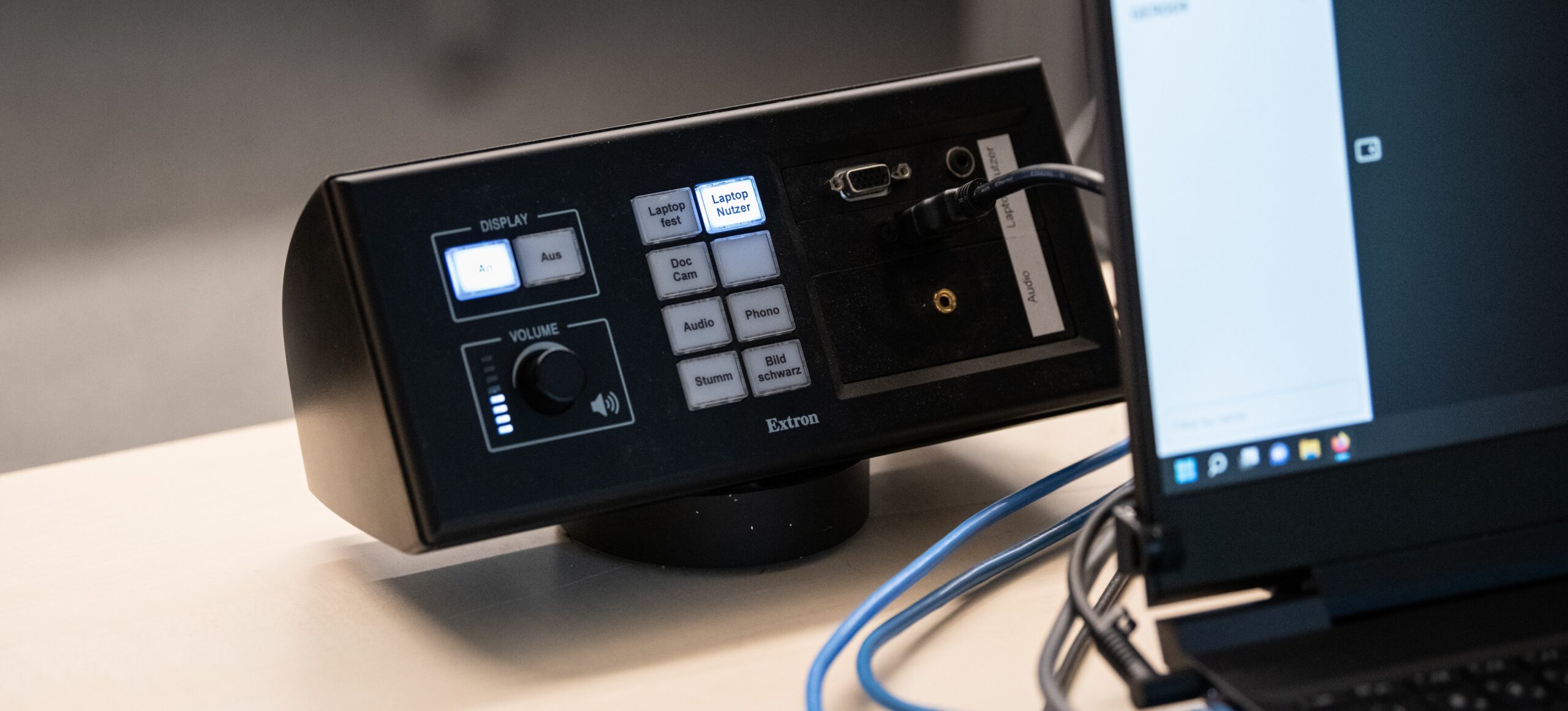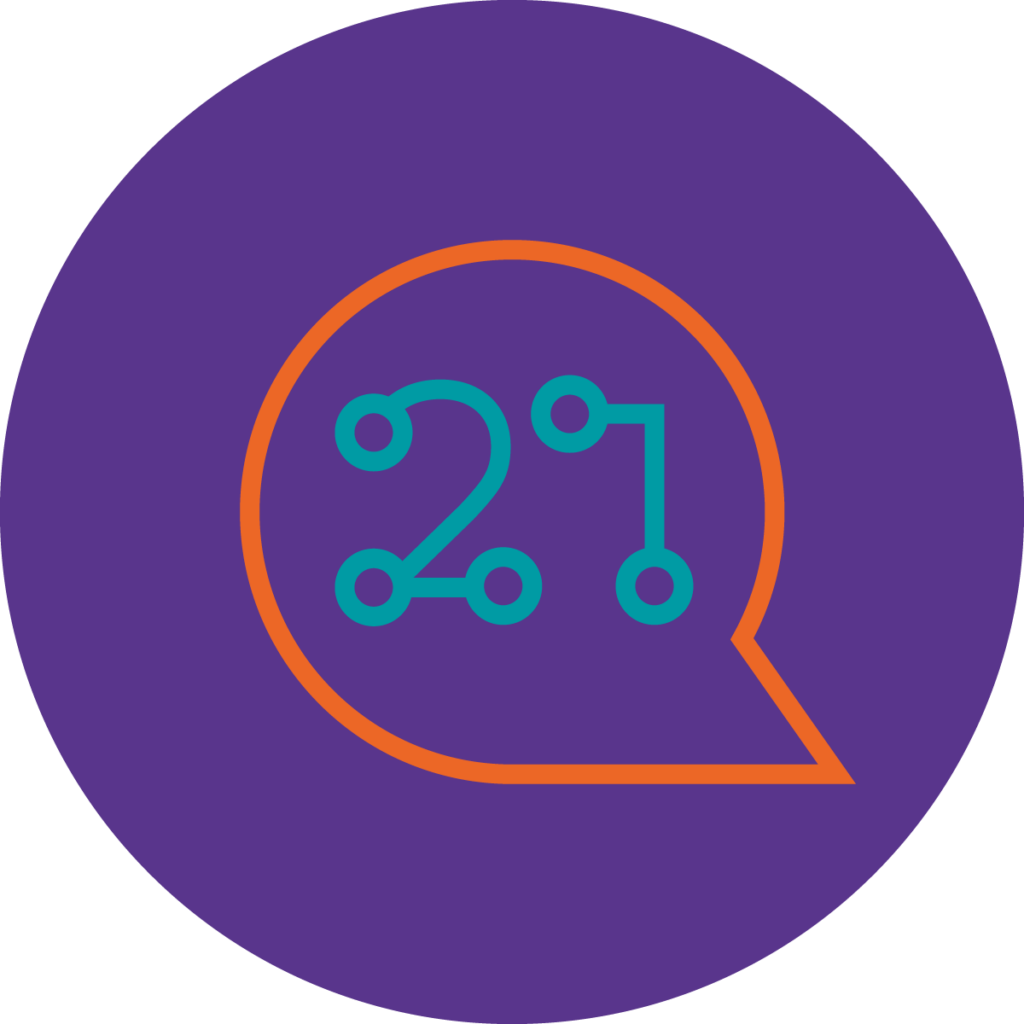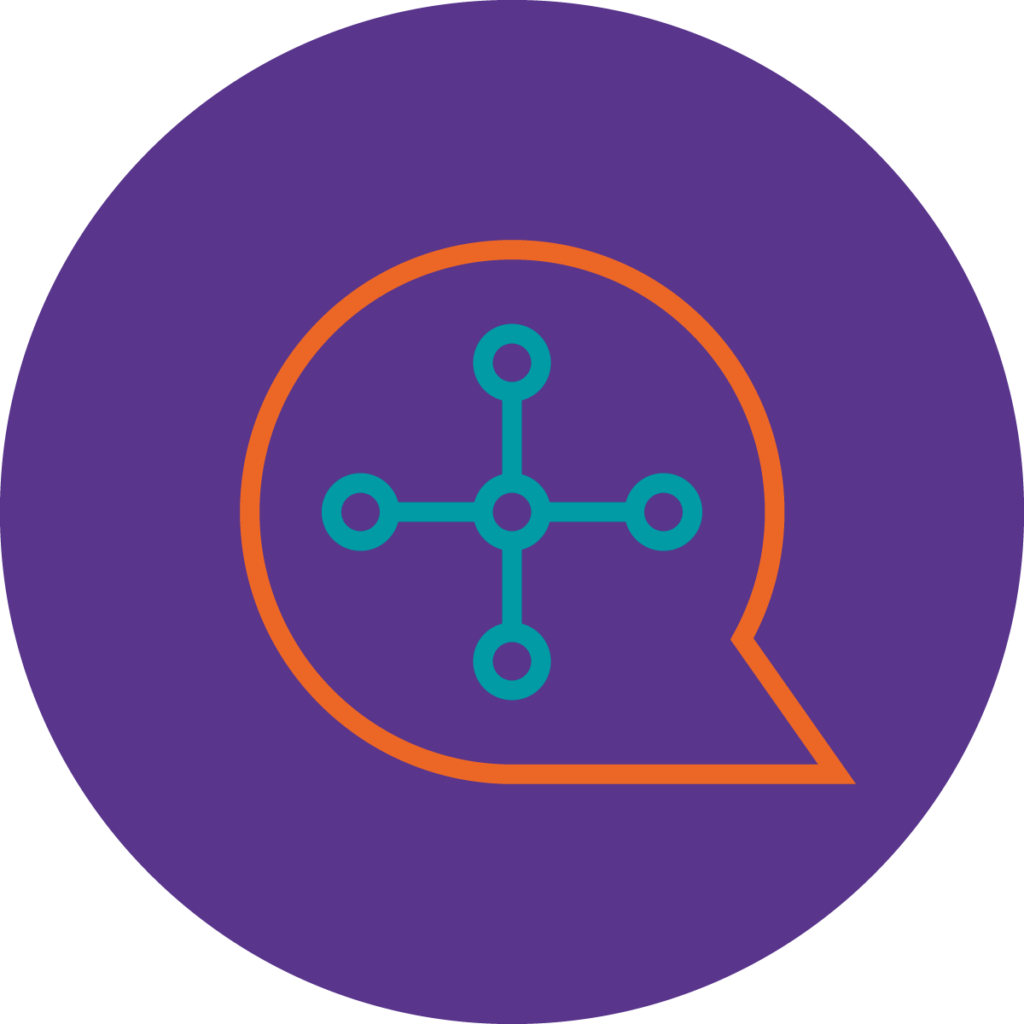At a glance
For: Prospective students, current students, lecturers, university staff
Topics: Digitalization – online application, application portal and paperless administration, aptitude test – digital testing, in-person test
Location: Frankfurt University of Music and Performing Arts
Digital application – perfectly tailored for music and performing arts
1800 applications for significantly fewer study places. To select the best candidates for the next semester, the HfMDK (University of Music and Performing Arts Frankfurt) needs clear and concise data from the application process. And not only that: ideally, everyone involved in selecting the new cohort should be able to access the data simultaneously and from anywhere. This includes not only the student administration office but also the members of the aptitude assessment committees – over 100 people in total. It is no surprise that the need to digitize the application and selection process became even more urgent with the onset of the pandemic.
Paperless applications – is that possible? Yes, it is!
The previous practice of submitting applications in paper form had become a no-go, not only for reasons of efficiency but also for organizational ones. After all, who wants to lug boxes of application folders to and from their home office? The multiple photocopying of application folders for the numerous reviewers was also a burden that no longer seemed appropriate, not least for environmental reasons.
In addition, the number of applicants traveling to Frankfurt for the aptitude test should be reduced as much as possible beforehand. The goal was that only those with a realistic chance of passing the test should be examined on-site. Applicants who do not (yet) possess the competencies that would allow for a successful course of study should be spared the trip to Frankfurt.
Anyone who remembers how difficult travel was during the Covid-19 pandemic understands how important this new procedural step was. This is especially true because roughly half of the applicants come from abroad, mostly from overseas.
The Campus Management Systems Team at HfMDK thus had a first sub-project that it had to set up within a few months.
After creating degree programs and cohorts in the new system, the team developed 20 different online application forms to precisely address the varying requirements for each degree program and instrument. Not everyone needs to submit a phoniatric report, and not everyone can upload a bachelor's degree certificate – instead, different videos, scores, or texts are required.
For instruments like piano or violin, which regularly attract a very high number of applicants, the university introduced a digital preliminary round. Applicants for these popular instruments were asked to upload videos to platforms like YouTube or Vimeo and include the links in their online applications. This allowed the examiners to gain a good initial impression of the applicants' musical abilities during a time of reduced contact and to select those whose skills they deemed sufficient to pass the demanding on-site entrance exam. The online application process has now proven successful for several semesters. No one misses the boxes of application folders anymore. Many sheets of paper have gone unprinted, and application folders no longer need to be taken to the archives and destroyed after the retention period.
The university has also retained the video pre-selection process in the post-COVID era. Experience has shown that it not only saves time and money for applicants with no chance of success but also makes the on-site entrance exam more relaxed – simply because only half the applicants are tested.
The Campus Management team is now focusing on the next steps along the Student Life Cycle!
Contact person in
Ingrid Wendland , Frankfurt University of Music and Performing Arts



